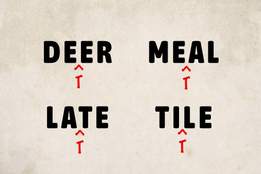1
a
: a written statement in which a plaintiff in certain courts sets forth the cause of action or the relief sought
b
archaic
: a handbill especially attacking or defaming someone
2
a
: a written or oral defamatory statement or representation that conveys an unjustly unfavorable impression
b(1)
: a statement or representation published without just cause and tending to expose another to public contempt
(2)
: defamation of a person by written or representational means
(3)
: the publication of blasphemous, treasonable, seditious, or obscene writings or pictures
(4)
: the act, tort, or crime of publishing such a libel
libeled or libelled; libeling or libelling
ˈlī-b(ə-)liŋ 

: to make libelous statements
: to make or publish a libel against (see libel entry 1)
Love words? Need even more definitions?
Merriam-Webster unabridged










Share